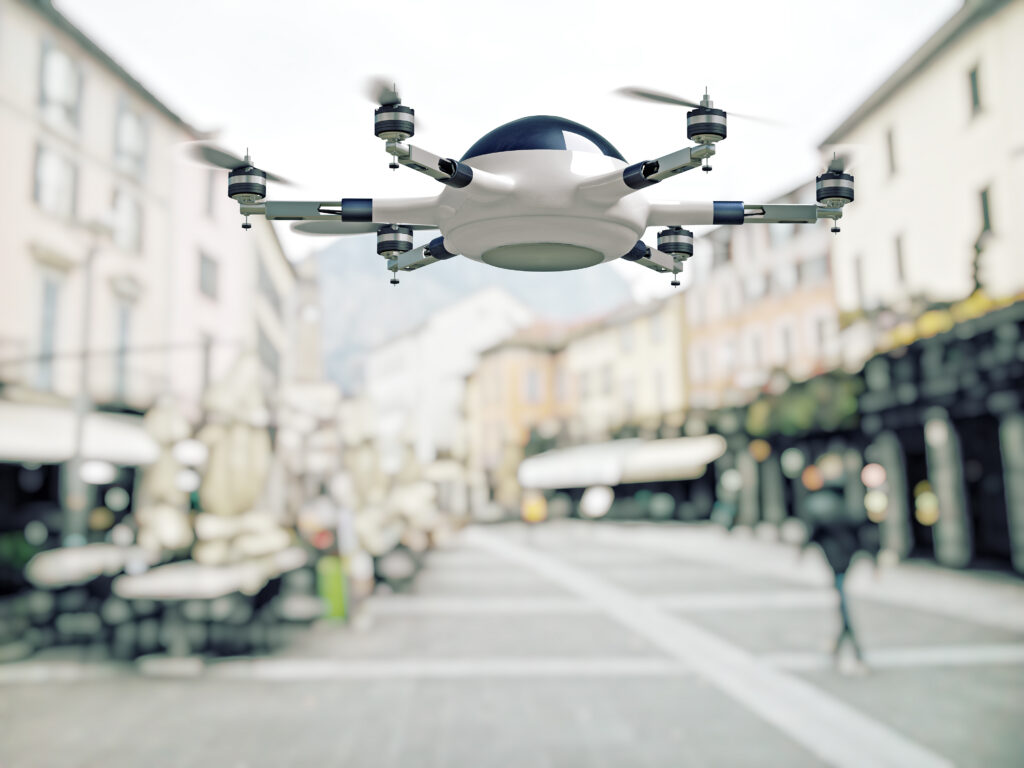India roads authority considers more BOT changes amid USD 3.6bn logjam
The National Highways Authority of India (NHAI) is considering further changes to the model concession agreement for build, operate, transfer (BOT) projects, two sources familiar told Infralogic.
NHAI officials suggested a list of measures in a meeting with industry stakeholders on 11 October, the sources said, adding that the attendees included the National Highways Builders Federation (NHBF) and the Highway Operators Association (India) (HOAI). The NHBF mainly represents developers and the HOAI, financial investors.
While an inter-ministerial department has already approved the NHAI’s suggestions, a third source familiar said that the meeting was held to take one last round of feedback prior to the proposals potentially being officially notified.
Venkata Ramana, member (public-private partnerships), NHAI, is in charge of the process, all three sources said.
Some of the clauses that the NHAI is proposing to introduce include giving itself the right to substitute a concessionaire in public interest, which infrastructure lawyer Gahan Singh said will allow the authority to make timely interventions and ensure continuity in project execution.
Singh, a partner at Khaitan & Co, said also that the changes to how the NHAI proposes to define the debt due at the time of terminating a concession offers greater clarity aimed at enhancing the bankability of BOT projects.
Segregating dispute resolution by claim size and nature will lead to a more efficient redressal of issues, he said.
While the NHBF welcomed the NHAI’s proposals, it recommended six more measures in a letter that it handed over to the authority after the meeting, a copy of which it shared with Infralogic.
The recommendations are:
- In cases where the traffic is lower than targeted, the payment from the authority to terminate the concession must reflect a shared demand-side risk, as traffic shortfalls may arise due to macroeconomic or policy-related factors beyond the concessionaire’s control;
- Global navigation satellite systems must be used to validate traffic numbers to determine the revenue support to concessionaires or extensions to the concession period, as the use of other traffic counting systems may lead to inconsistencies and data manipulation;
- The compensation to developers for delays attributable to the authority must be based on a percentage of the total project cost, rather than a fixed 8% of the value of the incomplete work as suggested by the NHAI. This is because interest and overheads accrue on the entire project investment;
- While the revised 95% right-of-way requirement is a welcome step, the NHBF is requesting a clarification that this means that 95% of the total project length is continuous, obstruction-free, and workable. The physical readiness of 95% length for construction should be the key criterion to determine the availability of land;
- Adopting standard fixed base rates for in-principle approvals relating to change of project scope, ensuring a simplified, accelerated and realistic approach to the issue; and
- To discourage rollable or high-speed traffic from shifting to service roads, rumble strips at regular intervals must be made mandatory, enhancing safety for local users and protecting the integrity of the main carriageway.
The government hopes that developers will participate in auctions for a BOT pipeline of more than INR 2tn (USD 25.2bn) once the model concession agreement is amended to include the latest proposals.
By February last year, tenders for BOT contracts totalling about USD 3.6bn were awaiting amendments to the model concession agreement, including a batch of projects worth about USD 2.3bn for which the NHAI issued tenders in December 2023. The closing dates for accepting bids have been delayed multiple times.
Just two BOT contracts have been awarded since then. One was to GR Infraprojects in March this year, for which the NHAI published a tender in January 2024. The other contract was awarded to DRA Infracon in February this year, for which the authority initially sought bids in December 2023.
The NHAI did not respond to a request for comment.










